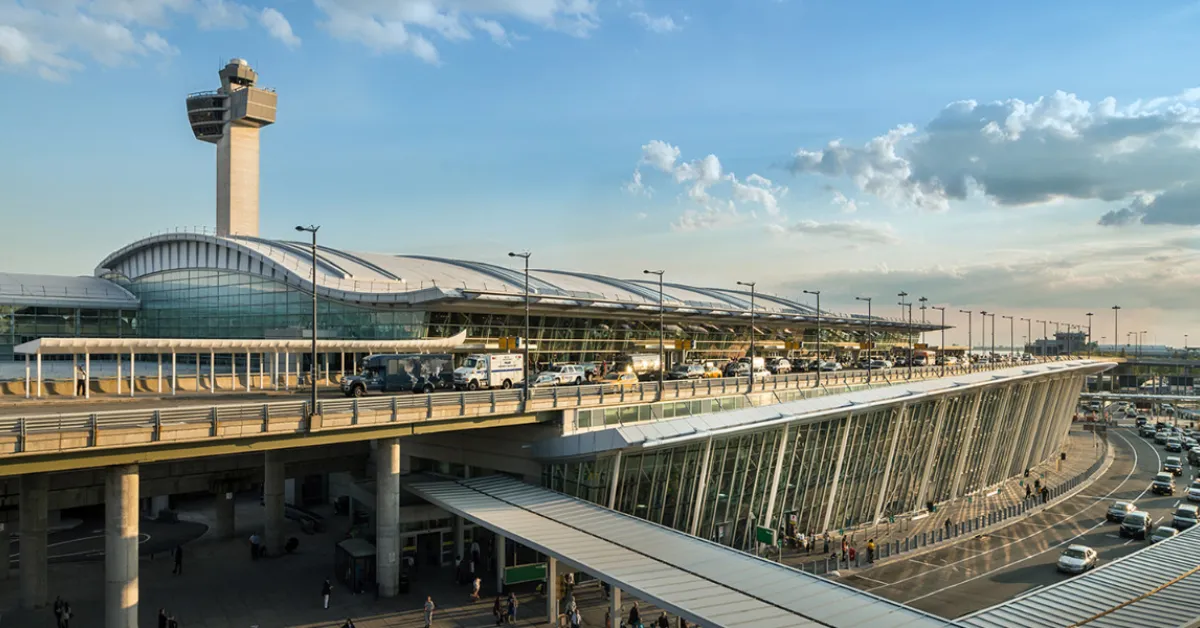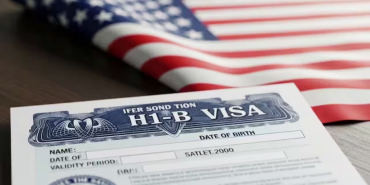The US Government Shutdown: What Travelers Need to Know About Flights, Passports and Visas

With the US government potentially shuttering its doors, travelers are watching closely, bracing for possible disruptions.
While air travel and cruises may initially proceed as normal, extended gridlock in Washington could lead to significant long-term complications, primarily affecting visa processing and the overall travel experience. The immediate concern stems from Congress's failure to agree on a new budget. A House-passed bill proposing significant cuts to domestic programs while increasing defense spending faces an uncertain future in the Senate.
This creates a funding impasse that threatens to trigger a shutdown. In the short term, travelers can expect minimal impact from flights and cruises. Essential agencies like the Federal Aviation Administration (FAA), Transportation Security Administration (TSA), and Customs and Border Protection (CBP) will continue operations.
Air traffic controllers, TSA agents, and customs officers are considered essential and are expected to report to work, maintaining operational continuity at airports and seaports. However, this may occur without pay, introducing potential risks as the shutdown continues.
Prolonged governmental closure could undermine travel operations, as seen in past shutdowns.
Within approximately two weeks, unpaid essential workers may begin to call in sick, which can lead to longer security lines and flight delays. Additionally, national parks may face closures or reduced services, with understaffing exacerbating maintenance issues even in parks that remain open. Passport and visa processing will continue domestically and at the US embassies and consulates abroad, as these services are fee-funded.
However, protracted shutdowns could eventually cause processing delays, impacting international travel plans.
The US Travel Association estimates that a shutdown could cost the travel economy nearly $1 billion per week. This economic strain could significantly affect businesses and employees in the tourism and transportation sectors, potentially triggering broader financial consequences.
Travelers should stay informed and prepare for potential disruptions, particularly regarding passport and visa services, and plan for possible complications with travel to national parks.














Add new comment